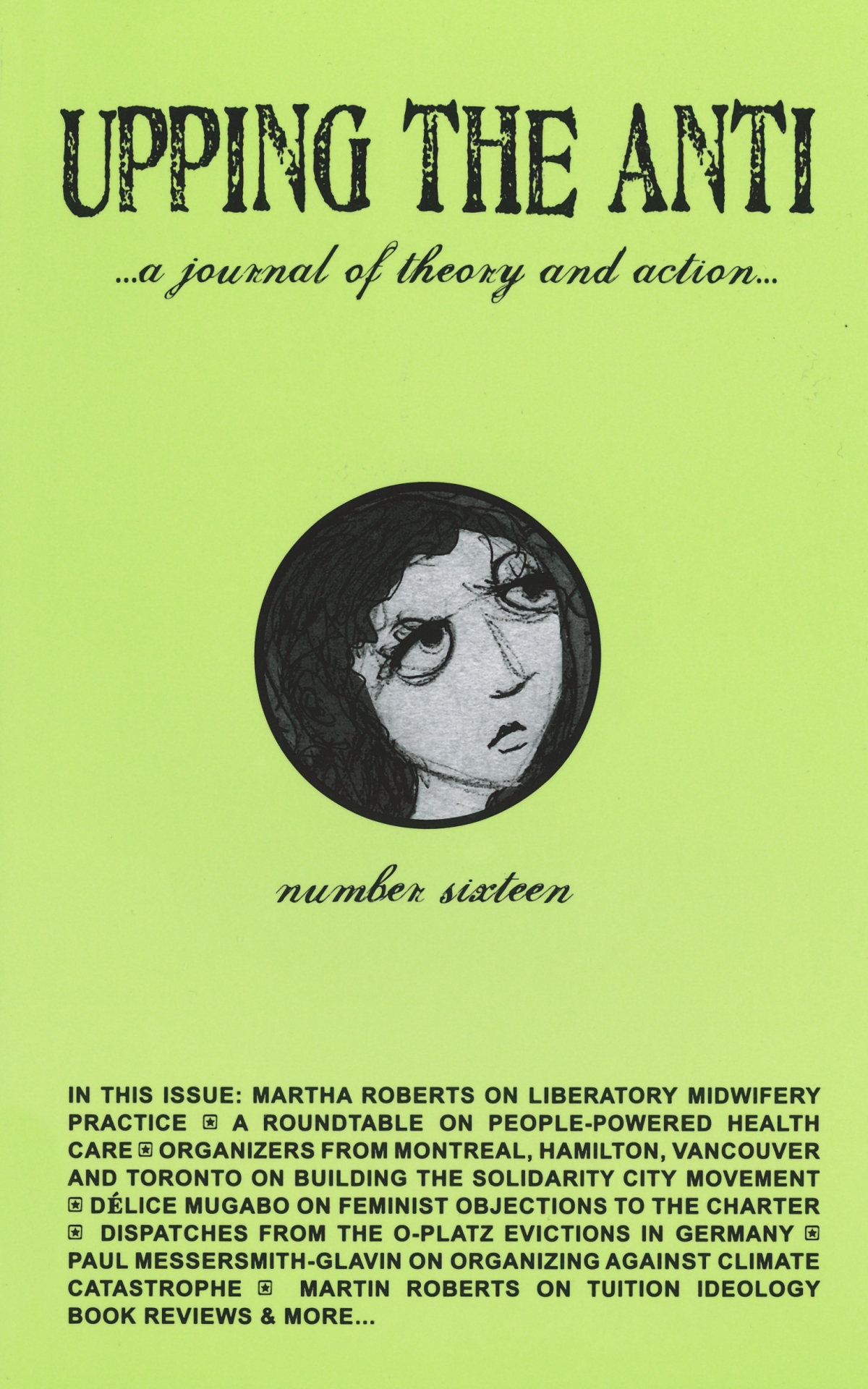Students Not Investors
The Human Capital We Don’t Want to Become
In 2012, Québec’s Liberal government, led by Jean Charest, defended a raise in tuition fees of $1625 over five years as a historic student strike roared across the province. Their arguments were simple: given that higher education almost inevitably leads to better job prospects and higher income, why shouldn’t students pay their “fair share” in tuition? According to then-Minister of Finance Raymond Bachand, the time had come for tuition fees to “be raised gradually to the level they would have been at today had they been indexed at the rate of inflation since 1968”1 – implying that Québec’s tuition freezes (between 1968-1990 and 1994-2007) were some kind of historical aberration. This dishonest argument failed to acknowledge the explicit political choices made in Quebec during the 1960s to establish education as a common good, funded collectively through taxes, to ensure accessibility for all. It was this political decision that was attacked in 2012 by the Liberals, whose political counter-project was based on the idea that a diploma is so-called good investment in oneself.
The notions of “human capital” and “knowledge economy” lie at the core of the Liberals’ ideology. The rise of these ideas and their usage in education reflected the rise of neoliberal capitalism. The ideology of human capital, developed by neoliberal economists long ago in academia and deployed more recently by politicians, crept out during the strike. This ideology is a particular case of the logic of commodification, according to which education is privatized and placed in the market, where it is sold to individuals who are pressured to find a job that will pay enough to buy it. The concept of human capital captures an aspect of commodification that the student strike was fighting against but didn’t define at the time. It is important to define it now in order to inspire precise actions, counter-slogans, discourses, and projects against today’s neoliberal model of education.
To read this article in full, purchase your copy of Upping the Anti here.

